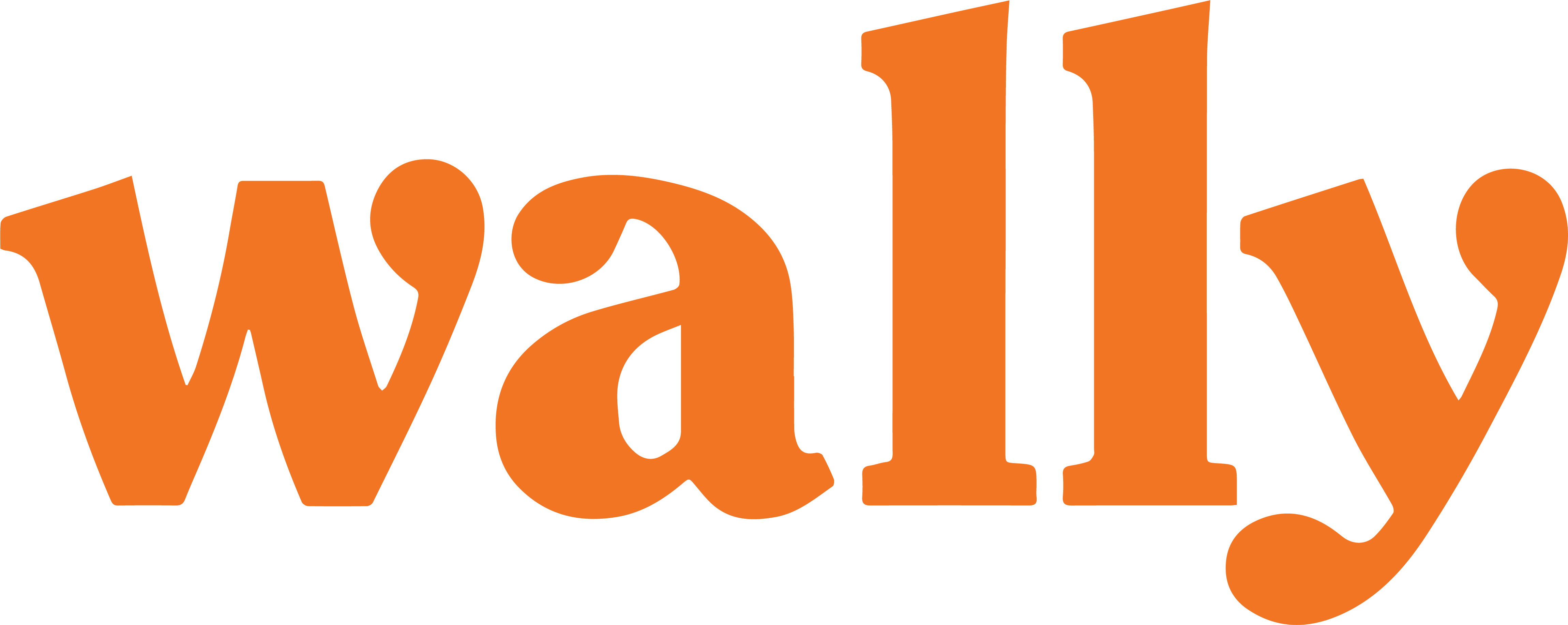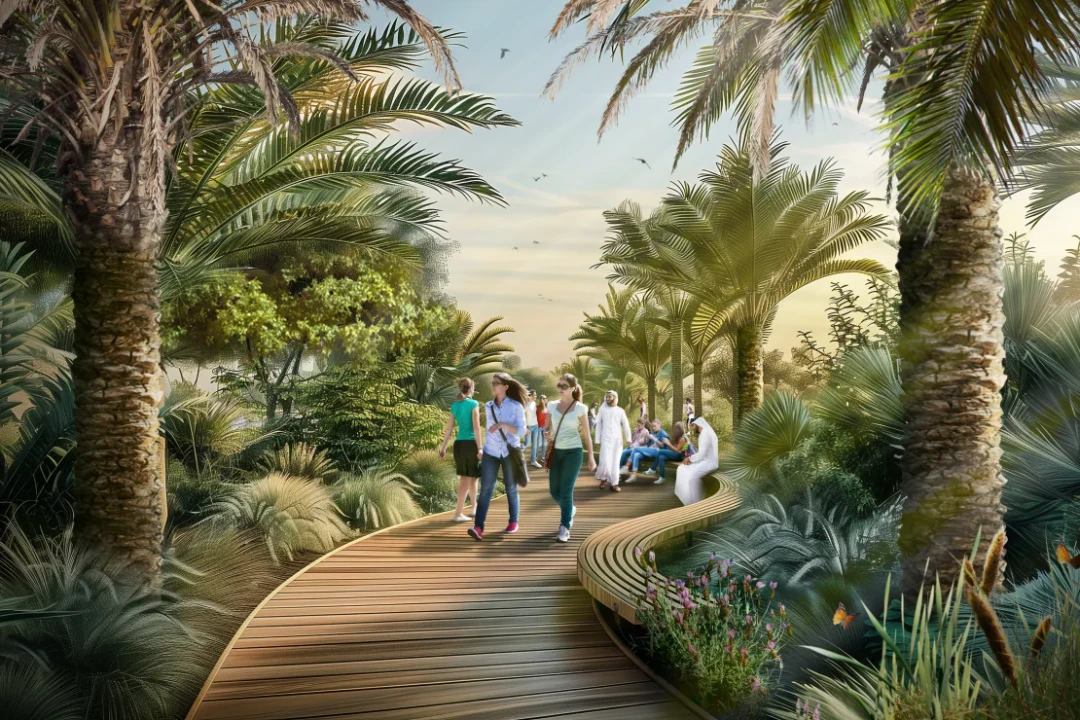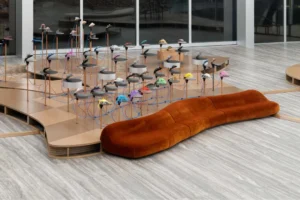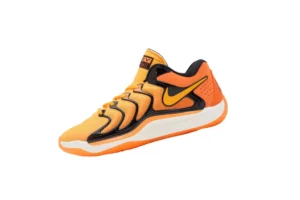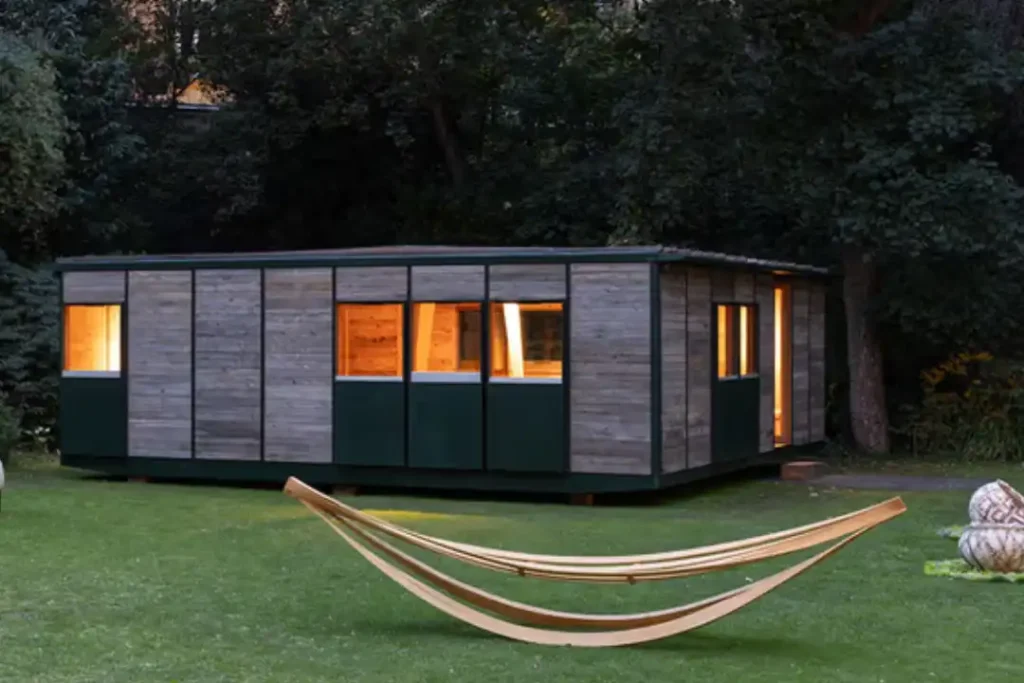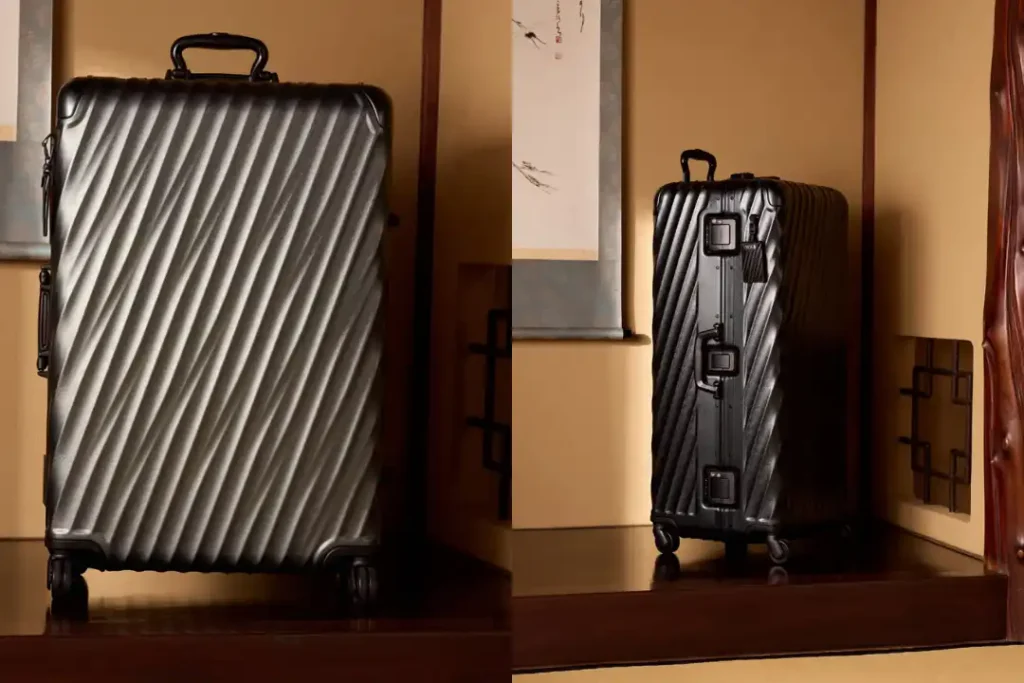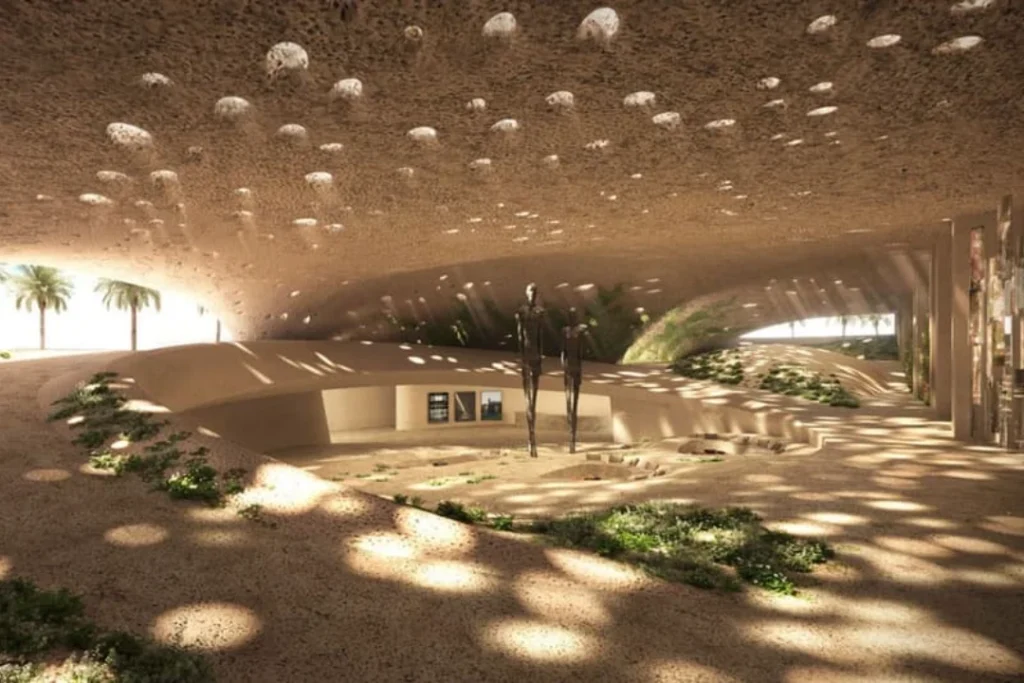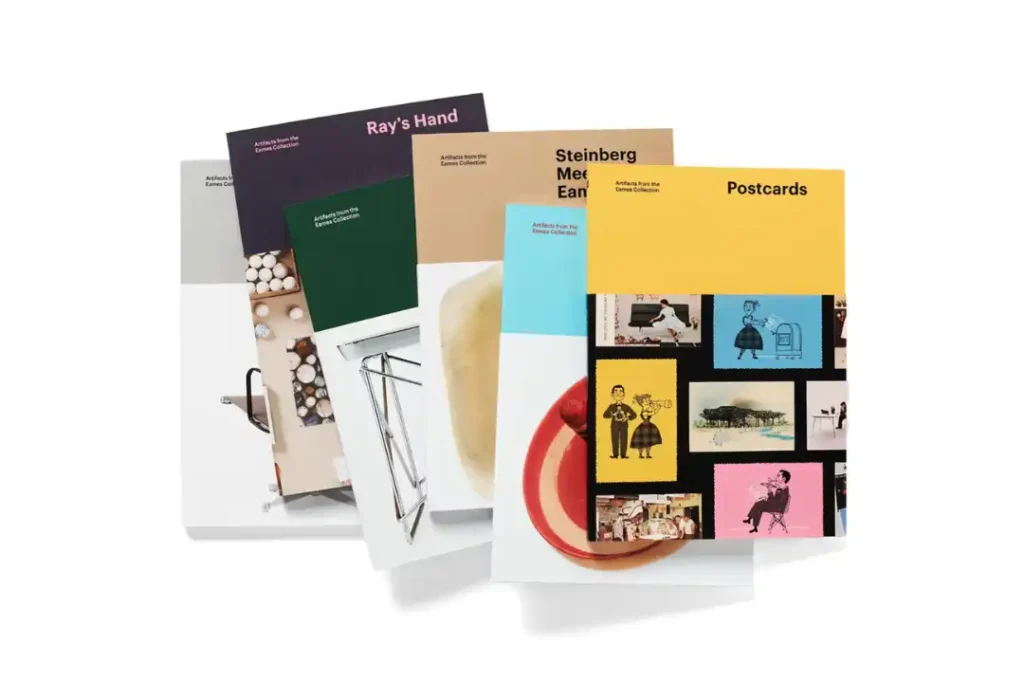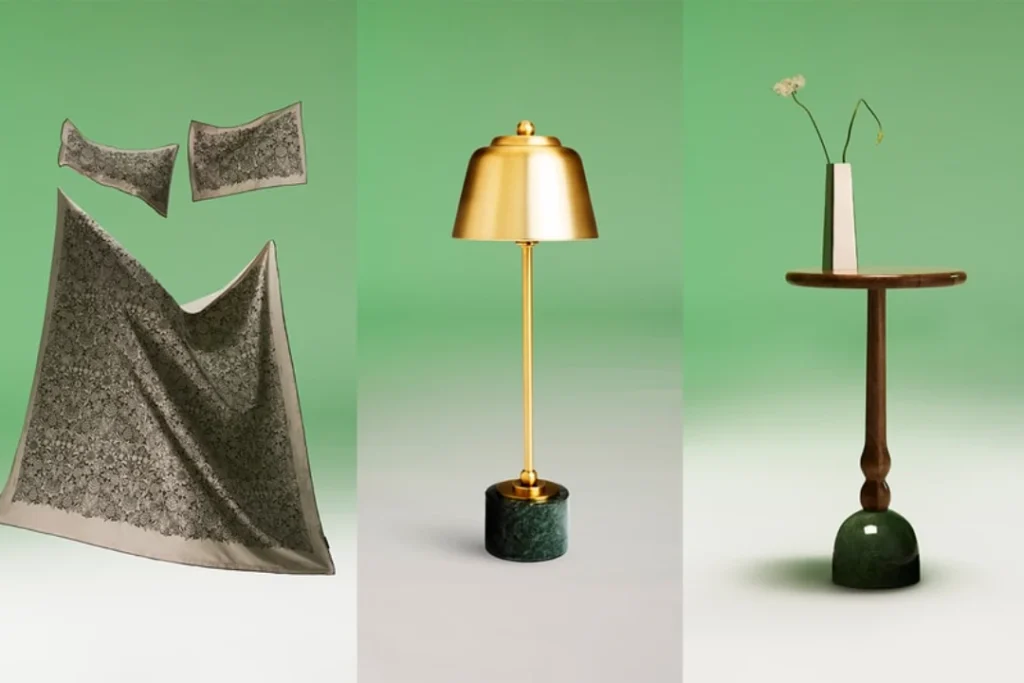Dubai, already known for its record-breaking skyscrapers, deepest pool, and highest hotel, is aiming to add another feather to its cap: the world’s greenest highway. Urban design firm URB has unveiled conceptual designs for a 64-kilometer-long highway that will transform Sheikh Mohammed Bin Zayed Road into a “Green Spine,” featuring autonomous, solar-powered trams and advanced smart traffic management systems.
Baharash Bagherian, the founder of URB, envisions this “first-of-its-kind project” as a way to make Dubai’s urban design more “human-centric.” With Dubai’s population expected to nearly double to 8 million by 2040, Bagherian emphasizes the need for creative and innovative solutions to address both current and future challenges.
“Mobility should be viewed as more than just the movement of people,” Bagherian explained. The proposed highway will not only feature an autonomous solar-powered tram but also green spaces, parks, and overpasses to enhance connectivity and walkability in the city, which is currently challenging to navigate on foot.
Innovative Green Highway Project Tackles Desert City’s Challenges
The project integrates smart technology, such as IoT sensors, to manage traffic and optimize energy use. The highway’s tracks will embed 300-megawatt solar panels and a storage system to power the tram line and generate clean energy for an estimated 130,000 homes. Green spaces, including parks and community gardens, will house one million trees, aiding in cooling the city and improving air quality.
However, creating such a green infrastructure in a desert city poses significant challenges. The UAE has one of the highest water consumption rates per capita, with around 550 liters consumed per person per day. This high usage is largely attributed to agriculture and landscaping. For instance, Dubai Miracle Garden uses 757,000 liters of water daily to maintain its 150 million flowers.
To address these challenges, Bagherian’s concept includes “water-sensitive landscape design” with native flora, drought-resistant plants, and soil mixed with zeolite to aid water retention. These passive techniques are complemented by smart irrigation technology, which uses real-time data to adjust watering schedules based on soil moisture, weather forecasts, and plant needs.
This project aligns with Dubai’s 2040 Urban Master Plan and aims to turn conceptual designs into reality by garnering support from public sector entities for the necessary regulatory framework and infrastructure integration.
Bagherian remains optimistic, stating, “Dubai is uniquely positioned to make this project a reality.”
Explore more about Dubai’s visionary project and stay tuned for updates on how this ambitious plan progresses towards becoming the world’s greenest highway.

